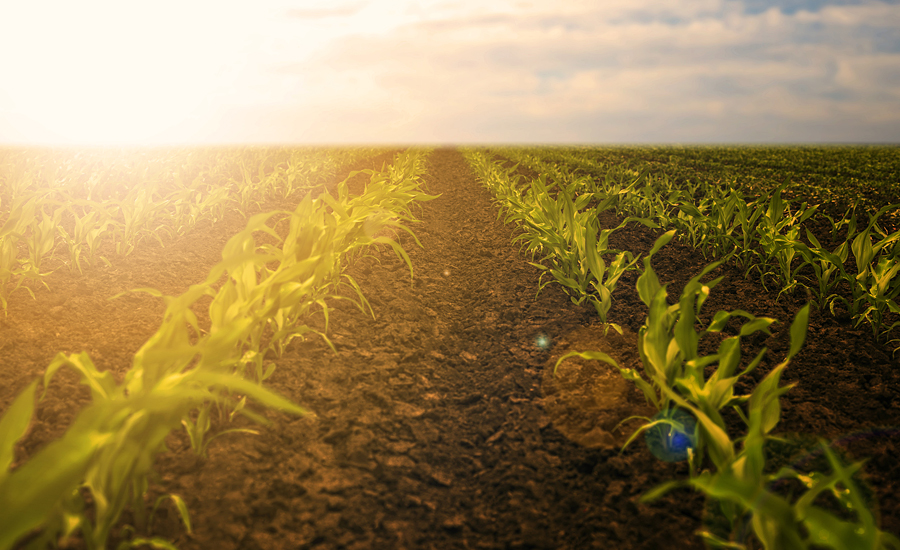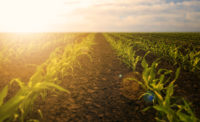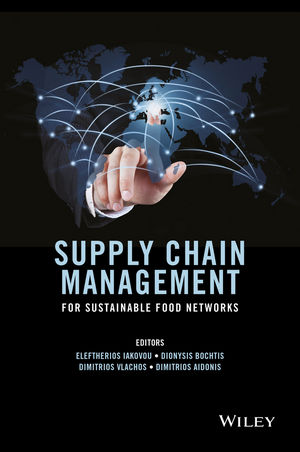Nestlé S.A., Switzerland, announced that 77% of its agricultural commodities are verified as deforestation-free. This is a key milestone in the company's efforts to achieve its zero-deforestation commitment.
In 2010, Nestlé made a no deforestation commitment to ensure that none of its products globally would be associated with deforestation by 2020. Over the years, the company has worked with partners like Airbus, The Netherlands, and Earthworm Foundation, Mexico, and suppliers to identify areas at risk of deforestation. The company uses a combination of tools, including certification, supply chain mapping, on-the-ground verification and satellite imagery from the Starling System, Yoqneam, to achieve this goal.
Nestlé uses Starling’s satellite system to monitor its entire palm oil supply chain. Pilots in pulp and paper are also now underway, and the company plans to extend it to soya later in 2019. Starling's technology helps Nestlé better understand where deforestation occurs, what drives it and who is involved. The company uses this information to verify compliance, challenge suppliers and prioritize transformative actions.
"Innovation and technology like Starling is accelerating our journey toward zero deforestation. This is transforming the way we manage deforestation risks in our palm oil supply chain; we are using this tool to hold our suppliers and ourselves accountable,” says Magdi Batato, executive vice president, head of operations, Nestlé. “We are satisfied with our progress, but there is much more to do. The last miles to go are always the hardest."
"Starling turns terabytes of satellite images into actionable insight, enabling customers to understand where and why deforestation happens and make the best possible decisions," says Grazia Vittadini, chief technology officer, Airbus.
Nestlé also published a Transparency Dashboard that uses Starling data to provide information on deforestation trends observed near the mills it sources from.
"Nestlé is the first company to use satellite monitoring across all its palm oil supply chain, accelerating its no deforestation commitment and providing such level of transparency to the public. The data collected through these satellites points out that challenges remain and no single company can achieve that on its own. All businesses that have similar commitments must start monitoring, verifying, and most importantly, acting on the basis of what these tools reveal to us. Eventually, publically available information about deforestation and supply chains will allow consumers and investors to really see which companies are truly walking the talk," says Bastien Sachet, chief executive officer of Earthworm Foundation.
Nestlé also recognizes the need for a collaborative approach to improve small-holders capacity in eliminating deforestation. Nestlé is working to find solutions that ensure sustainable supply chains while respecting people's rights to improve their livelihoods.








